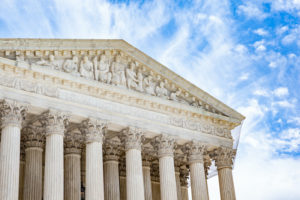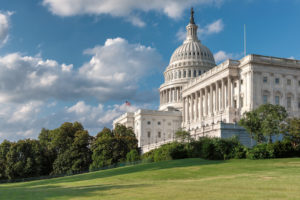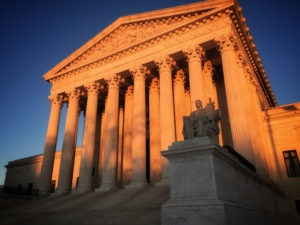Reining in Immigration Adjudicators
Two scholars argue that immigration adjudication should no longer be afforded Chevron deference.
The Trump Administration’s Weaponization of the “Major Questions” Doctrine
Deregulatory attacks have twisted a legal concept meant only to restrain extraordinary actions.
The Nondelegation Doctrine Is Alive and Well in the States
The U.S. Supreme Court could take a cue from Michigan and other states on reviving the nondelegation doctrine.
Another Explanation of Justice Gorsuch’s Bostock Vote
A recent case protecting LGBTQ rights may help the Supreme Court circumscribe the administrative state.
The Ongoing Saga of Chevron and Net Neutrality
The FCC’s position on internet access will continue to change unless Congress passes clear legislation.
Judicial Deference to Agencies’ Decisions in Brazil and the United States
American doctrines of judicial review may provide useful models for Brazilian courts.
Justice Stevens’s Legacy to the Administrative State
The late justice’s opinion in Chevron v. NRDC has greatly shaped judicial reasoning about administrative law.
Deference After Kisor
A recent Supreme Court decision could reshape judicial deference of agency actions.
A Turning Point in the Deference Wars
The Supreme Court preserved agency deference in Kisor v. Wilkie.
How Often Does the Supreme Court Actually Apply Chevron?
The Court applies the Chevron test more often than one influential study suggests.
Overruling Chevron Could Make Congress Great Again
Limiting judicial deference to agencies would strengthen environmental policy and democratic accountability.
The Ambiguity in Judge Kavanaugh’s Chevron Critique
Judge Kavanaugh’s views on Chevron may create more uncertainty than exists under the current doctrine.












